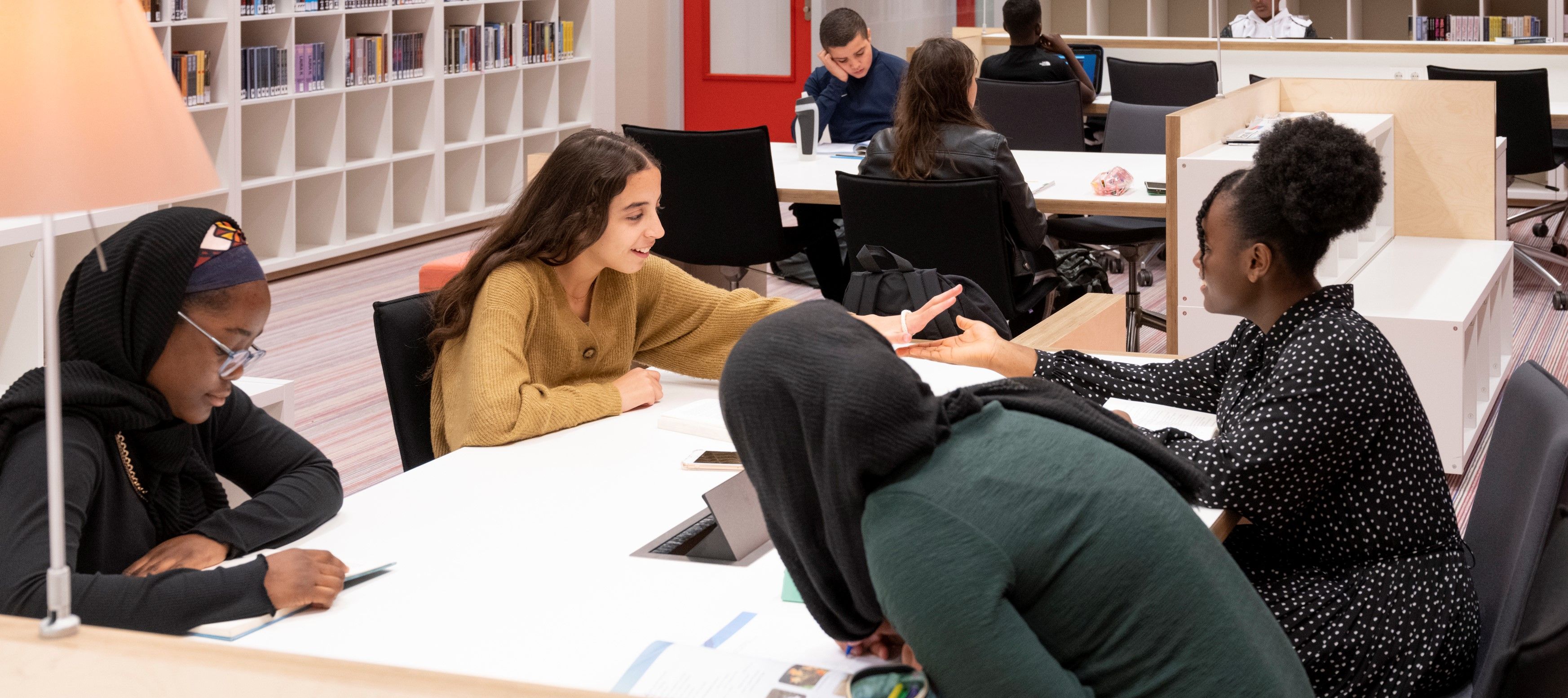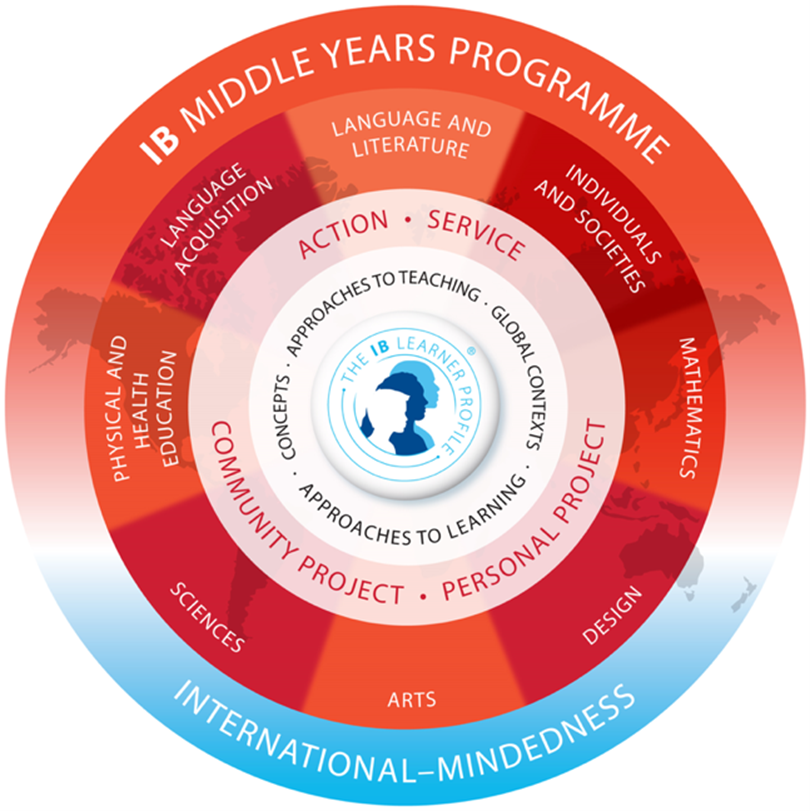| Summer holidays OOP July 15, 2024 - August 16, 2024 |
| Summer holidays for students and OP July 15, 2024 - August 23, 2024 |
| Start day August 26, 2024 |
| Intro week 27 August 2024 - 30 August 2024 |
| Information afternoon for parents September 10, 2024 |
| Saturday school September 14, 2024 |
| Day of Unity September 16, 2024 |
| Day of Content until 12:00 noon September 17, 2024 |
| Budget Day (students off) September 17, 2024 |
| Saturday school September 21, 2024 |
The Johan de Witt Scholengroep provides public secondary education at six locations in The Hague. We offer all courses within secondary education and all courses have the designation 'Excellent school'. To register, first complete the appropriate registration form.
Registration form Dutch Prep Class (ISK) (for newcomers)
Application form Dutch Prep Class (English version)
Registration form for lateral entry school year (for students from another secondary school)
You can contact the examination board for questions and comments about a PTA/PTO/exam and/or to report an absence during a test. The examination board will respond within a week.
IB-MYP
IB education at the Johan de Witt Scholengroep
The Johan de Witt Scholengroep is a candidate school for the Middle Years Program (MYP) of the International Baccalaureate (IB). All over the world there are IB World Schools that train young people to become inquisitive, well-informed and caring people who strive together for a better and more peaceful world.
Have you become curious? Visit our open days or contact one of our MYP coordinators at for answers to all your questions.
IB-MYP
The Johan de Witt is a candidate school for the Middle Years Program (MYP) of the International Baccalaureate (IB). The MYP is intended for students aged 11 to 16 and aims to train you to become an active, internationally oriented world citizen. At the Johan de Witt Scholengroep we offer three years of MYP (MYP years 2-4) in a so-called 'extended bridging period' (the first three years of secondary education). This means that students with different school recommendations for secondary education are in the same class for three years. Our goal is to guide every student to the highest achievable and most appropriate examination program in the upper grades after three years in the MYP. We do this in various ways during this three-year bridging period.
The Learner Profile
With our MYP education we train young people to become broadly oriented global citizens who realize that together they form one humanity and are jointly responsible for our planet. We do this by paying a lot of attention to the properties from the Learner Profile. The IB's mission forms the basis for our education and how we interact with each other at school. In addition to cognitive development, the MYP also focuses on the social, emotional and physical development of students. The Student Profile includes ten characteristics. During the MYP, teachers actively encourage and support students in the development of these characteristics.
Learner Profile (ENG) and the student profile (NL) here

Integration in disciplines
Education within the MYP program is organized within 8 subject areas. The program promotes interdisciplinary learning from a strong knowledge base. This helps students make important connections between subjects. Integrated education helps students analyze complex problems and develop the skills needed to participate in our globalized society. Topics are not taught separately, but they are connected, reflecting how the world works. Students learn to think conceptually, allowing them to apply their knowledge to different situations.
The MYP has 8 subject areas.
|
Discipline |
School subjects |
|
Language acquisition |
English, French, German, Spanish |
|
Language & literature |
Dutch |
|
Individuals & societies |
Geography, history, philosophy, economics (from the second year) |
|
Sciences |
Biology, physics, chemistry |
|
Mathematics |
Mathematics and arithmetic |
|
Doctor |
Visual arts, dance, theatre, film, music |
|
Physical & health education |
Physical education |
|
Design |
Technical design |

Global Context
In the MYP we want to encourage you to make the connection between learning at school and the real world. We do this by using 'Global Contexts'. The MYP strives for a holistic approach to learning and encourages students to link their knowledge and skills to global issues and diversity. By connecting learning to contexts of global significance, students learn that they are part of the world's population and that they share responsibility for protecting our planet.
ATL skills
The MYP emphasizes developing so-called 'Approaches to Learning' (ATL) skills. These are skills such as research, communication, critical thinking and self-regulation, which help students with their academic and personal growth. They form the basis for independent learning.
Multilingualism and intercultural understanding
There is room for your home language in the MYP. Multilingualism is not seen as an obstacle, but rather as a valuable strength in the learning process of students. Within the MYP we recognize that multilingualism not only contributes to language skills, but also brings with it a deep understanding and appreciation of different cultures. We use the different languages that students speak to enrich their learning experience and support their learning. By embracing multilingualism, students can use the knowledge they have acquired in their native language, helping them to better understand new concepts and further develop the school language. In addition, recognizing and using various languages contributes to increased language awareness and intercultural understanding. We are convinced that this not only improves the learning process, but also promotes social cohesion within the school. This teaches students to respect and appreciate the cultural diversity around them, which prepares them for a globalizing world.
Community Projects
During the Community Project you commit yourself to the community and humanity. With the Community Project you learn to make a positive difference in the lives of others and for the environment. The Community Project is a core part of the MYP and offers students the opportunity to work practically on social issues. You investigate a need within the community, take action to address it and reflect on the process and results. This project will help you develop your communication, collaboration and problem-solving skills. You also learn a sense of responsibility and involvement in the world around you.
The Johan de Witt Scholengroep is a Candidate School* for the Middle Years Programme. This school is pursuing authorization as an IB World School. These are schools that share a common philosophy—a commitment to high quality, challenging, international education that Johan de Witt Scholengroep believes is important for our students.
*Only schools authorized by the IB Organization can offer any of its four academic programs: the Primary Years Program (PYP), the Middle Years Program (MYP), the Diploma Program (DP), or the Career-related Program (CP). Candidate status gives no guarantee that authorization will be granted. For further information about the IB and its programs, visit www.ibo.org


